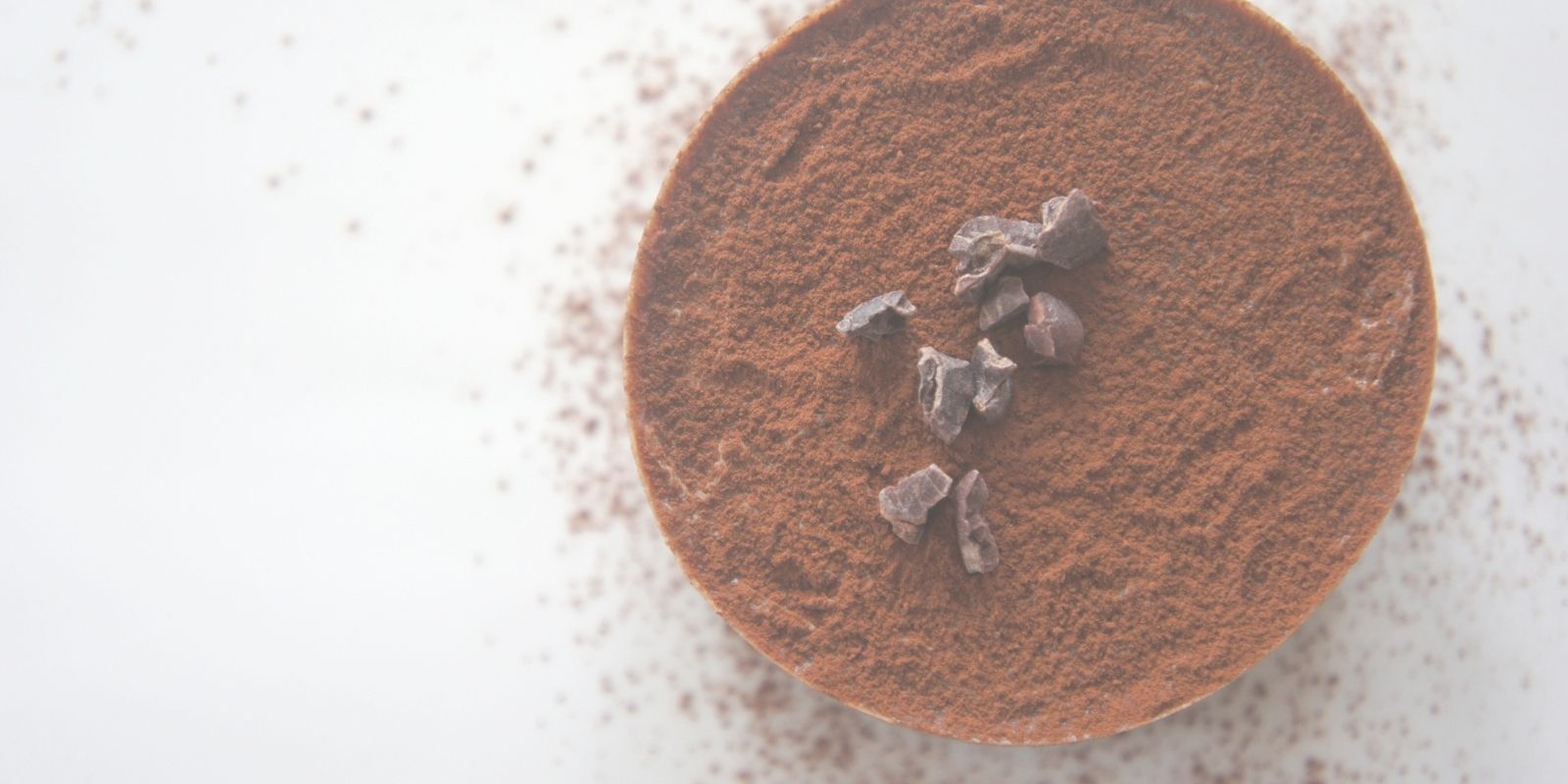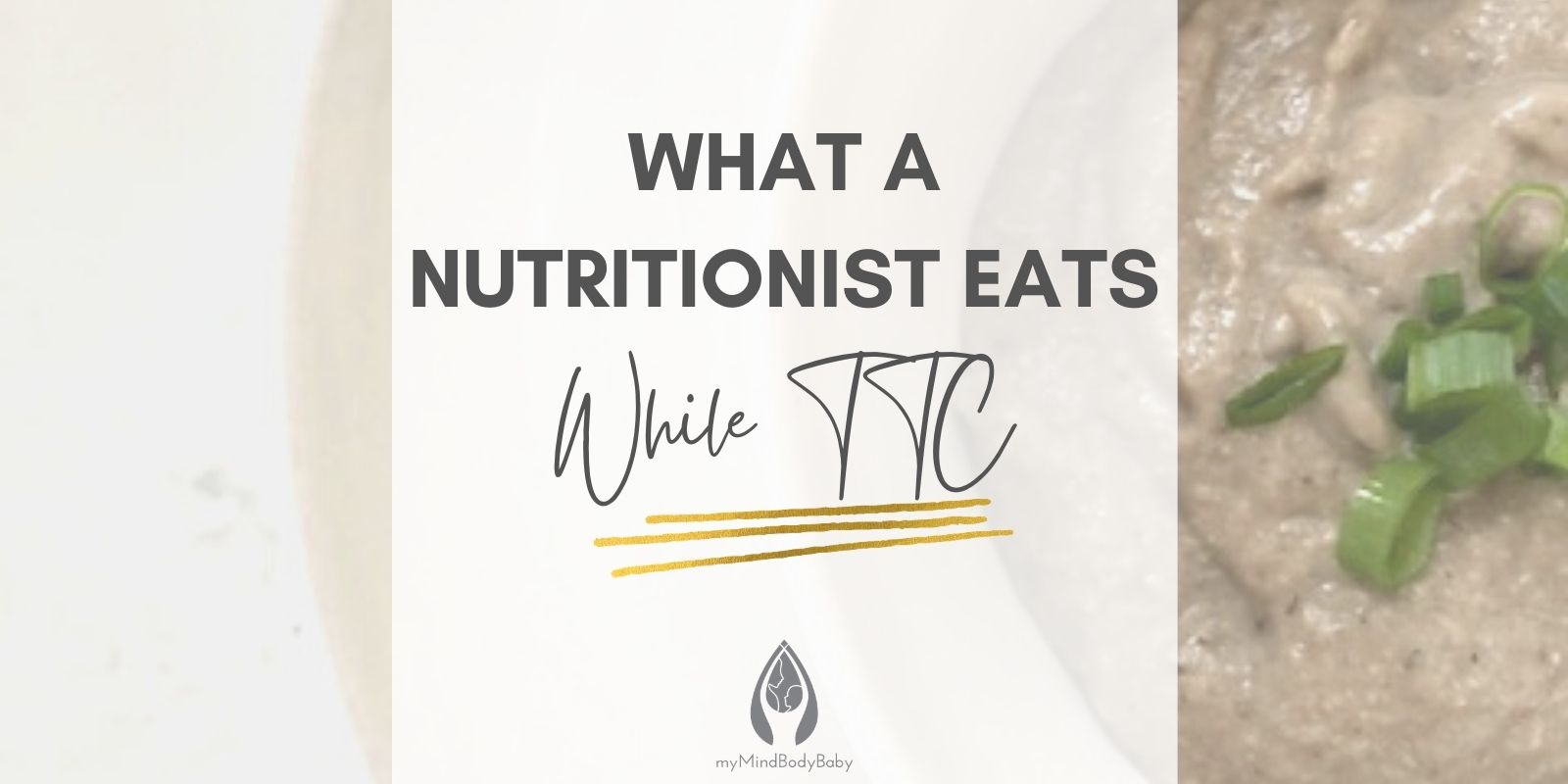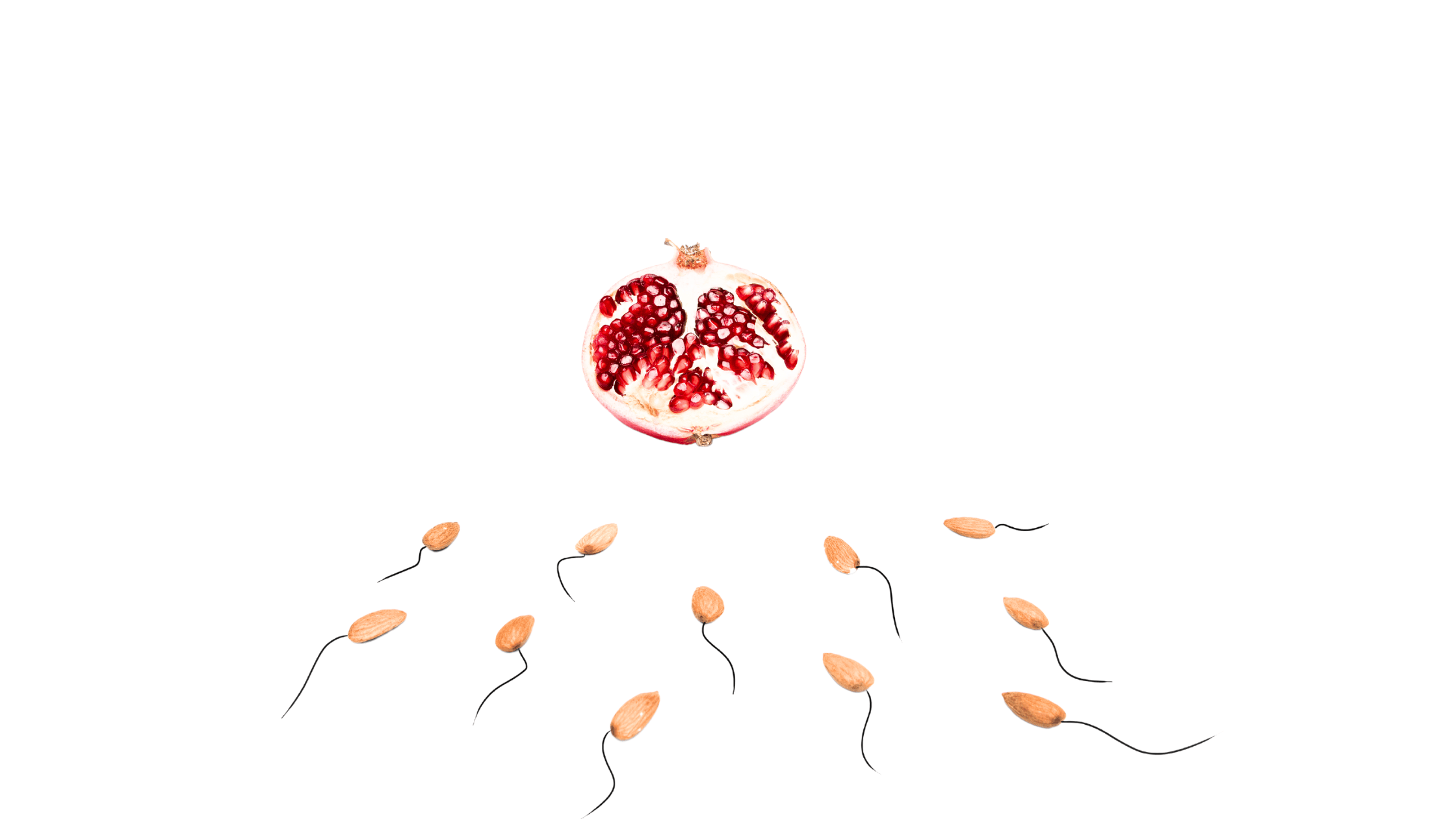“What a Nutritionist Eats While TTC” | by myMindBodyBaby Registered Nutritionist Michelle Strong
Being faced with fertility challenges can be a daunting process. There is uncertainty, financial stress, and often a feeling of lack of control over your situation. Then there are the questions spiraling through your mind: “what should I eat, how do I better manage my mental health, can I still exercise like I’m used to?” So for those of you who are going through your own fertility journey, I salute you.
While your journey to motherhood may not be what you envisioned or expected, now that you have been submerged into this world, I’d like to help make your life a tad simpler.
As a fellow fertility warrior and nutritionist for the past 13 years, my passion for healthy food and lifestyle was my crutch during my two-year journey (which you can read here). During this time I took a deep-dive into all things fertility and I want to share 3 key nutritional concepts with you that helped me during my own struggle to conceive.

1. Eat whole foods in their natural state
Consider choosing foods that are fresh (full of enzymes) and serve a purpose (fertility-friendly). I’ve included a delicious recipe below that is just that. Fresh foods and serves a purpose. This soup is hormone-balancing, immune-supporting, and chock-full of wholesome nutrition.
Other key food concepts for supporting your fertility include:
- reducing your glycemic load (check out this recent study)
- increasing your fiber intake
- higher intake of fruits and veggies
- incorporating healthy fats (think nuts, olive oil, and avocados)
- using whole grains
- eating plant proteins (lentils and beans) instead of meat sometimes

2. It doesn’t have to be perfect
If a nutritionist doesn’t eat perfectly then you don’t have to either and there is no research to show that indulgences here and there will negatively impact your chances of conception. Now, I’m not saying to go wild, let’s be reasonable here – too much sugar and processed foods have been linked with fertility-related challenges like ovulatory infertility.
So give yourself some grace. Aim for 85-90% whole, unprocessed foods, and then the rest can be for those not-so-perfect items.

3. Keep toxin exposure low
This means from the foods you eat (pesticides and herbicides) to your household cleaning products to your personal care.
Why should you care?
These substances are known as endocrine disruptors and have been linked to a variety of health concerns like reproductive issues and thyroid issues.
For all the details, head over to this article where I walk you through everything you need to know about toxins and your fertility!
And, in the meantime, I highly recommend you make this soup – I promise you will love it and your reproductive system will thank you!




